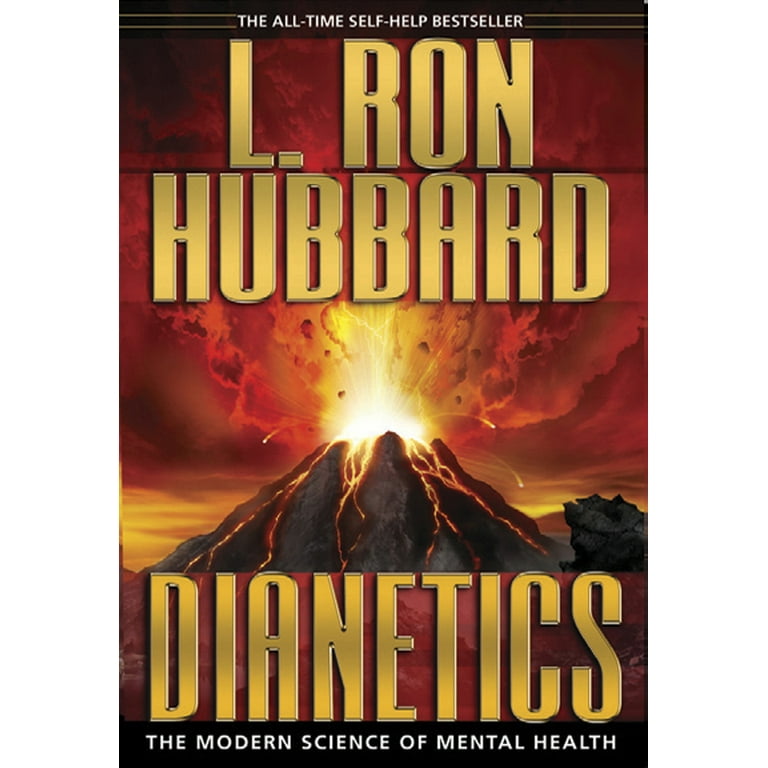Dianetics Fundamentals Explained
Dianetics Fundamentals Explained
Blog Article
The Greatest Guide To Dianetics
Table of ContentsThe 6-Second Trick For DianeticsSee This Report about DianeticsNot known Factual Statements About Dianetics Some Known Details About Dianetics
I could not ever not wish to obtain anything that comes to mind for you- if it was or else, I would not be sitting here with you, doing this. I not only might never have an issue, or not want to hear something that comes to mind for you, but I'm entirely anxious to know every concept, every thought, every image or feeling that emerges or manifests for you- do not ever before assume otherwise, and if for one reason or another you do, please simply allow me recognize! Sometimes, you might have a thought, and image, idea or occurrence turn up that does not seem to answer the inquiry, or relate to it, yet nevertheless, constantly do inform me about it, and as we continue, the significance will certainly arise for you.This is integral in the basis of handling, and the subject of this discussion: the standard duties of the counselor and the customer: The standard duty of the therapist is, unlike "common training", not to manage, which means to enforce and/or hinder, however to instead work from the basis of EMPOWERING THE CUSTOMER.

The Ultimate Guide To Dianetics
John Mcmasters revealed this basic truth wonderfully well in among his talks on Power handling, where he describes how he was asked what this "unique knack" was that he had for offering such excellent sessions; he had to consider that for a moment, and identified that it was what he had not been doing, in addition to what he was doing: he wasn't evaluating, evaluating, computer, or actually, producing any thoughts, not to mention verbal expressions, after providing the command and while waiting on the PC to complete their response to their fulfillment; he was, merely and only, existing with the computer, and completely interested.
The role of the counselor, demonstrated; that was his "unique flair". I have had my very own experience which instructed me this well, extremely early in the video game. In 1982, having recently finished my training and teaching fellowship on New Age Dianetics, I was running this on a PC, and there was a factor in the session where (being a little bit wet behind the ears not yet having numerous hours under my belt as a specialist auditor) the PC appeared to be "taking as well lengthy" to express anything vocally after I gave him a command.
This trick became the most useful contribution that John ever before made to the topic of treatment or bookkeeping (Dianetics). In my humble viewpoint, it is the best contribution that any individual has ever made to these subjectsthe application is totally non-judgemental, non-evaluative, and without any browse around these guys type of idea, advice or opinion.no preconditioned program for individuals, or 'degrees' that they need to do
In Idenics, the only resource of details about a client is the specific customer. In Scientology we prided ourselves on not evaluating for people. All click this site that actually suggested was that the auditor did not VERBALLY examine for the Computer in session. The registrars and values officers assessed for the PC.
Fascination About Dianetics

Anybody that had actually ever seen John audit can not aid yet see an one-of-a-kind high quality in his auditing."The client's basic duty is to be there with the objective of relocating the direction of their spiritual objectives, and to freely and totally reveal and experience whatever shows up for them in addressing the inquiries and executing the directions in the processing.
This is something to process as required. Additionally, individuals frequently have previous experience and/or indoctrination in auditing/processing which, in some methods, and to some levels, really misinforms them right into mindsets, concepts and actions patterns that prevent the full realization of these functions, and so they will certainly often tend to hinder the expressing of what comes to mind, as in the instances given above - Dianetics. * The very first, and probably primary instances of mis-indoctrination leading to much less than totally smooth and effective sessions, can be discovered in particular elements of the training regimens, or "TR's":"TR's" are frequently a person's very first, or at the very least early, experience in Scientology, and while I will go on to clarify what I see as the flaws in concept and method, nonetheless, often tend to be greatly healing, done as they are given (Hubbard insists that "TR's go to this web-site are not processing, they are training", yet factually, they are both processing AND training)
Alan Walter made comparable observations, and improved on these with his "Presence Processes". There is no "flunking", and no denial of the truth of this being processing. The emphasis, as it needs to be, gets on experiencing the other individual's presence. All the indications which obtain a "flunk" in doing "TR-0" are simply the being's initiatives to resist the various other person's visibility, and as opposed to being bothered and nagged with "Flunk", which enforces "failing!" on the being, one just needs to be urged to "stick their feet in the water a little deeper", to increasingly rehabilitate their capacity and readiness to totally share and experience "being below", or "existence", with others.
The Greatest Guide To Dianetics

Report this page